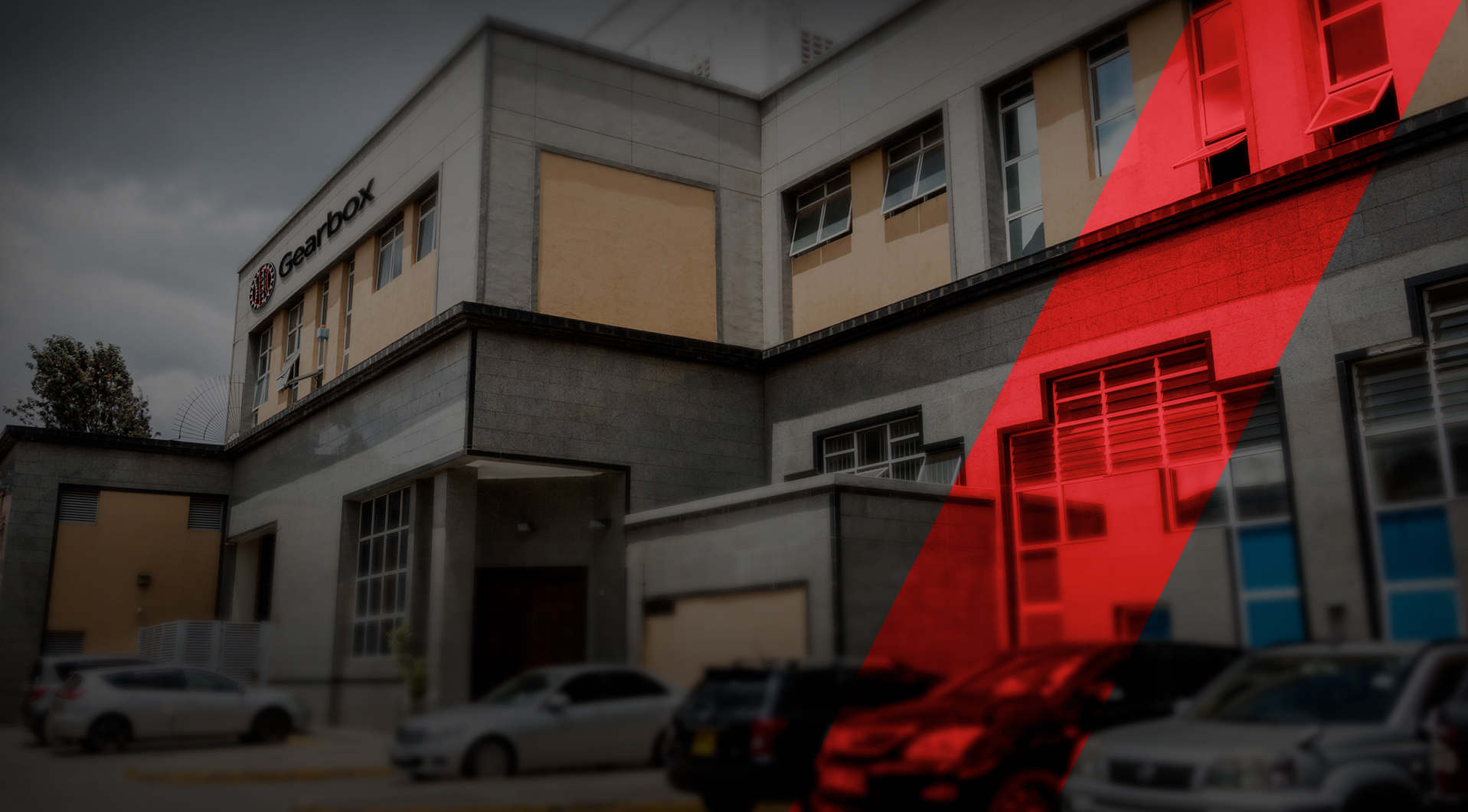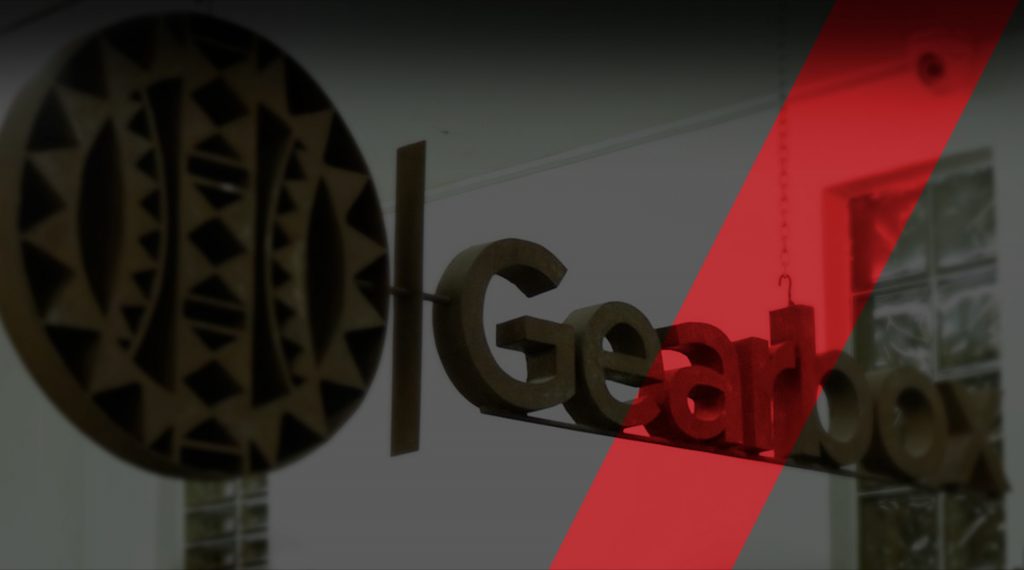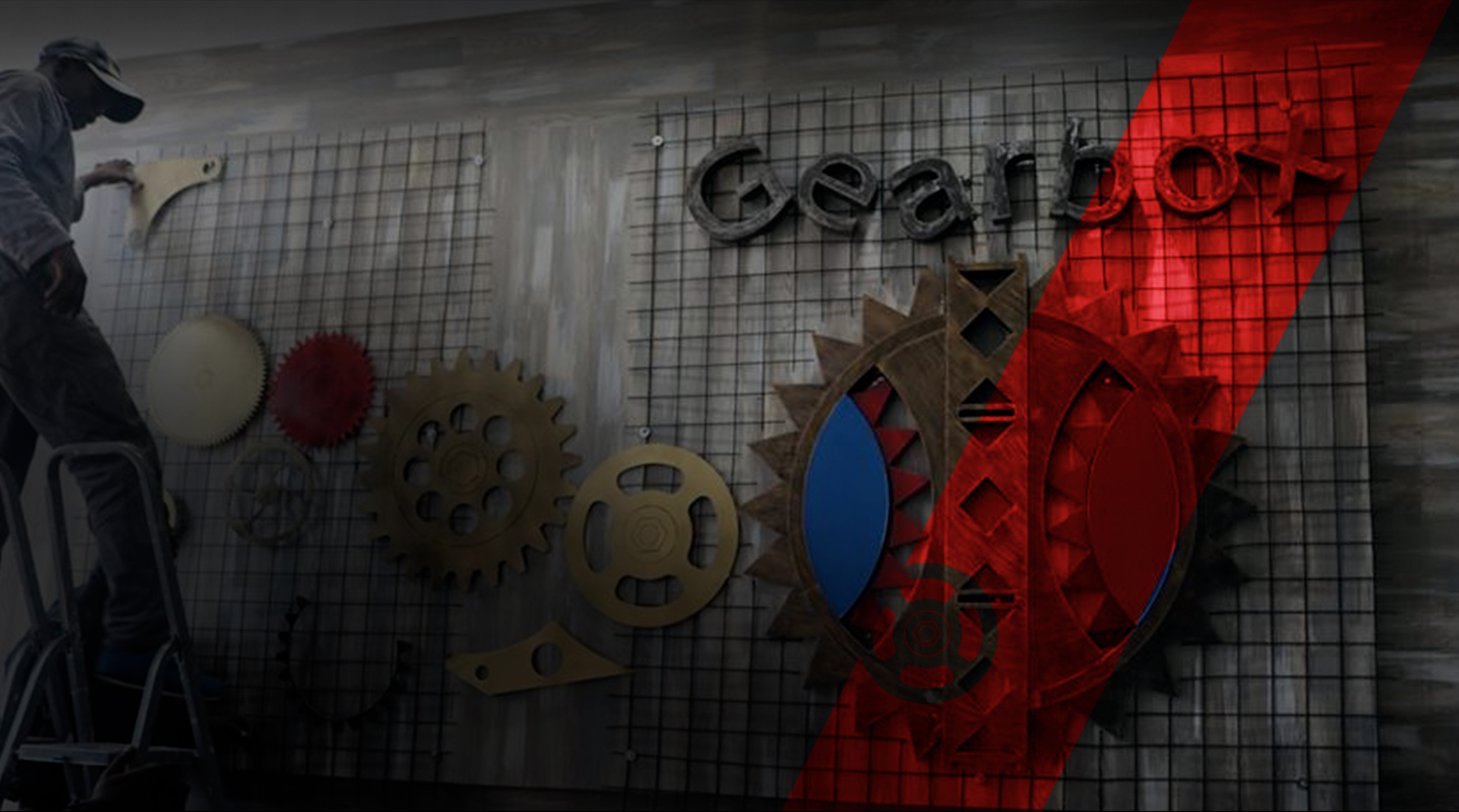

15+
Years Experience Working
The manufacturing sector in Kenya today broadly lacks the capacity to design and make locally relevant products at world-class quality standards, particularly amongst small and medium enterprises. Locally trained designers, engineers, technicians, and artisans lack outlets for creative growth and rewarding careers, contributing to underemployment and brain drain.
Gearbox was founded in 2014. We provide a space around which a supportive ecosystem for hardware innovators and entrepreneurs has been built. This includes a prototyping facility providing SMEs, startups and innovators access to tools that would typically be beyond their reach. Over the years we've created a culture of openness and collaboration and exposed newly trained engineers and entrepreneurs to global opportunities. Gearbox Academy brings cutting edge knowledge of design and fabrication techniques to the community, while incubation, investment and business development services help entrepreneurs to bring new inventions and products to market quickly and e ciently. The idea is to enable these innovators to learn/practice design allows for sharing resources for a wide range of manufacturing processes and creates a culture of openness and collaboration.
Last year 83% of the workforce in Kenya was in the informal sector, but contributed less than 30% of GDP, re ecting low productivity. A portion of those workers are artisans in the informal sector. Over the years engineers at Gearbox have designed equipment and methods that enable metal-working artisans and carpenters to be competitive and also to produce plastic products, which have hitherto been inaccessible to this demographic.
Gearbox conducts continual and consistent research in Industry 4.0 technologies, emphasizing product development through Human Centered Design, which places the user in the center of the design and innovation process. The Gearbox Academy has a hands on and product-oriented approach to training, which provides a unique understanding of what companies and institutions need when it comes to value-added engineering support for their products or services. Gearbox works with both academia and industrial partners to identify and fill curricular gaps, ensuring that current job market requirements are met.
While the makerspace facilities and manufacturing equipment are an essential part of Gearbox’s offering, these physical resources are not required for all aspects of the initiative. In addition to the technical components of training, Gearbox also focuses on Human Centred Design, which aims to meet the end-user needs. By teaching this method to local youth, entrepreneurs and citizens, any TVET stakeholder can introduce the concept of surfacing local challenges and utilizing technological awareness training to create solutions. The same applies for teaching the innovation development cycle to grow a solution from an idea to scalable implementation

Gearbox
Gearbox adopts specific measures for gender inclusion and for including people who are considered vulnerable in their communities, such as refugees. Women and younger people are especially vulnerable: they are often unable to secure loans from financial institutions to start their ventures due to a lack of collateral. Women face added challenges in manufacturing, a sector historically dominated by men. Gearbox lowers barriers to entry into manufacturing by providing access to markets, materials, machines, networking opportunities and entrepreneurial training. In addition, Gearbox benefits independent artisans. Without access to proper tools and machinery, the products they manufacture are often inconsistent, which can cost long-term contracts and job security.
Gearbox provides a network of like-minded individuals and businesses with the know-how and resources to take their innovation to the market. It is a one-stop shop for members and businesses renting the space to network and share ideas.
Contact UsOUR VISION
The Internet of Things, IoT, enables the creation of African designed intelligent solutions to solve African problems.
Spur collaboration to surface local problems.
Catalyse innovation to deliver best-fit solutions to local needs.
Leverage industry 4.0 to scale these innovations across Africa.



